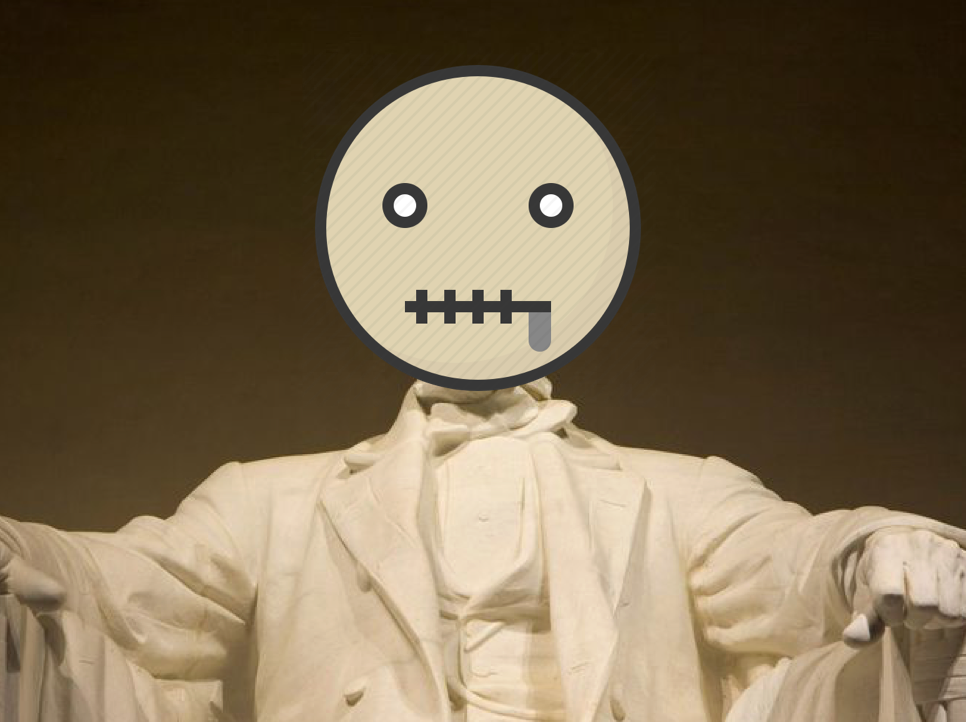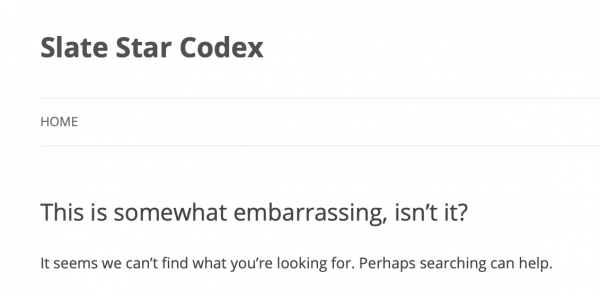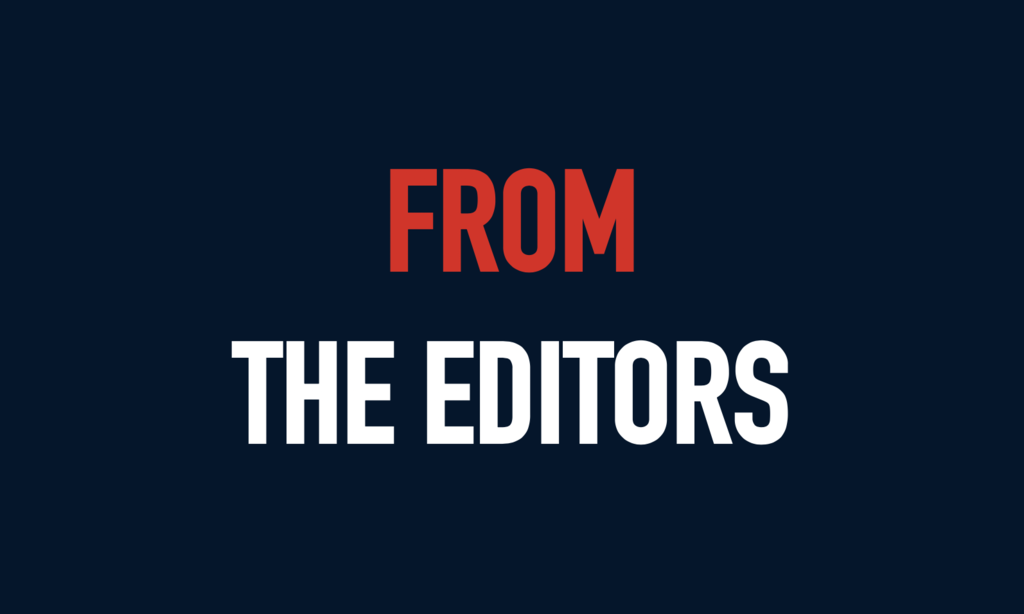Reclaiming the American University

an invitation to noncompliance.
A few weeks ago, I learned I was blackballed by the major journal in my academic field, Rhetoric Society Quarterly. I have both published in, and served as a peer reviewer for, this journal in the past.
I learned I was censored through a curt email exchange with the editor (Dr. Jacqueline Rhodes) after she refused to send my most recent essay out for peer review. Although she said the essay would be of interest to those in the field of rhetoric, she unilaterally decided it “wasn’t ready” for publication, despite its perfect alignment with the stated aims of the journal and the instructions for authors on the journal’s website.
Because these judgments are typically left to peer reviewers, I asked for clarification—what was it about the essay that made it so “unready” that it couldn’t even be sent out for peer review? Eventually, Dr. Rhodes replied that she was unwilling to publish anything that might be construed as “racist or transphobic, even in passing.”
This made no sense. My essay’s topic was not even remotely related to race or gender politics. It was about people who take on assumed identities when trying to disappear from society. However, there was one sentence that Dr. Rhodes found “troubling.” In it, I made reference to my recent book, Metanoia, in which I offer a comparative analysis of the transformations of Caitlyn Jenner and Rachel Dolezal.
Of course, my reference to my own work was made in the third person so that peers wouldn’t know that I also wrote the essay (a requirement for a blind review). Further, I explicitly framed the current essay as a corrective to certain claims I made in my earlier work.
Under these circumstances, it is clear that Dr. Rhodes did not have any problem with the essay I submitted. She had a problem with the fact that it was Adam Ellwanger who had written the piece, given her familiarity with my recent research (and her likely awareness of the regular conservative commentary that I publish online). If the work was truly not “ready” for publication, then the process of peer review would have confirmed that. The truth, though, is that Dr. Rhodes didn’t send the piece out for peer review precisely because she wanted to ensure against a positive reception from the reviewers, which would require its publication.
The Extent of the Damage
Honestly, I was not surprised that an editor would circumvent the peer review process to avoid publishing research that didn’t align with her personal political agenda. I suspect this has happened to me more than once. What surprised me was that Dr. Rhodes was the first editor to admit that political bias was the reason for the rejection. And while I commend her for her honesty, this censorship embodies only one of the many ways, covert and overt, that university policy and academic practice have been weaponized to advance the progressive ideological agenda, punish dissenting faculty, and propagandize new generations of students.
These trends have been worsening for at least a decade, but in 2020 we are past the point where college campuses are merely “inhospitable” to open inquiry and debate. They are now openly opposed to the American tradition of free speech, which is indispensable for learning and intellectual advancement. For many years, dissident professors were silent about these phenomena. But as we saw colleagues drawn into frivolous and fraudulent Title IX inquiries, watched searches for new faculty members turn steadily into ideological litmus tests, and saw even off-campus speech become increasingly policed by university representatives, many recognized that these trends wouldn’t simply blow over.
Over the last five years, many professors dedicated to the traditions of open inquiry and free speech have vocally expressed their opposition to the ideological drift of the climate in higher education. But sadly, public criticism and the voicing of dissent has done nothing to check these illiberal forces. On the contrary: they have only tightened their grip on the academy. Just this week there have been reports of a Northwestern University Law School meeting at which participants were required to confess their own racism before participating, and an architectural design class in which Trump supporters were banished on the first day.
It is now evident that criticism of these trends is not enough: the bureaucratic culture of the university is resolutely committed to enforcing intellectual conformity, and the administration is all too willing to cave to pressure from the loudest, most belligerently political factions of the student body and faculty. For university representatives concerned about the future prospects of our universities, there remains only one mode of resistance: personal non-compliance with the policies and procedures that have reinvented our institutions as communes for dogmatic groupthink.
What You Can Do
Early this summer, in an effort to articulate exactly which measures I would undertake to resist these trends, I ended up writing an open letter to the American university in general. When I shared it with a handful of professors, they encouraged me to seek other signatories—both as a means to organize a network of people in the academic world who were willing to take pragmatic action against the transformation of the university, and as a way to create a solidarity among signatories that might encourage them in difficult moments when there are possibilities to resist.
That letter has now been circulating among professors online for about 2 weeks, and we have over 100 signatures. In writing to me to request their names be added, many have shared their stories. I have read with horror as people who lived through the inhumanity of the final decades of the Soviet Union have described the ways that current academic discourse echoes the socialist propaganda of the Cold War. I have learned about professors who faced prolonged punitive ordeals for innocuous posts on social media. One professional faced disciplinary measures for “walking in an aggressive manner.” All of this is to say nothing of how others have been stripped of due process rights, placed on administrative leave, denied tenure, or fired—all for running the slightest bit afoul of the identitarian pieties in higher education.
For the next few weeks, we will continue collecting signatures from people in academia who recognize the dangerous paths down which our institutions continue to move—people who are willing to take action to counter those who would destroy the academy by reducing it to an instrument of partisan activism. If you teach or serve as an administrator at a university, I and the current signatories of the letter invite you to add your name. To do so, please email me at [email protected] with your name, highest degree earned, department, and university affiliation. When we achieve a critical mass of signatories, we will publish the letter with the signatures (which are now concealed) at a highly visible outlet online.
The effort to reclaim the American university and restore its critical role, both as keeper of our cultural traditions and guide for the future of our pluralistic democracy, will need to begin inside the academy. As recent events have shown, passive statements of opposition are inadequate to the task at hand. For those willing to work actively to counter the illiberal trends on campus, we thank you for considering adding your name to the letter. We hope you join us.
The American Mind presents a range of perspectives. Views are writers’ own and do not necessarily represent those of The Claremont Institute.
The American Mind is a publication of the Claremont Institute, a non-profit 501(c)(3) organization, dedicated to restoring the principles of the American Founding to their rightful, preeminent authority in our national life. Interested in supporting our work? Gifts to the Claremont Institute are tax-deductible.
Woke identity politics is liberalism’s successor ideology—from the New York Times on down.
The New York Times cancels social science in the name of social justice.
The ruling class is desperate to keep the truth under wraps this November.
A fresh lesson in the un-American cost of chilling online political speech.
Big Tech’s dominance has been facilitated by conservative weakness.






